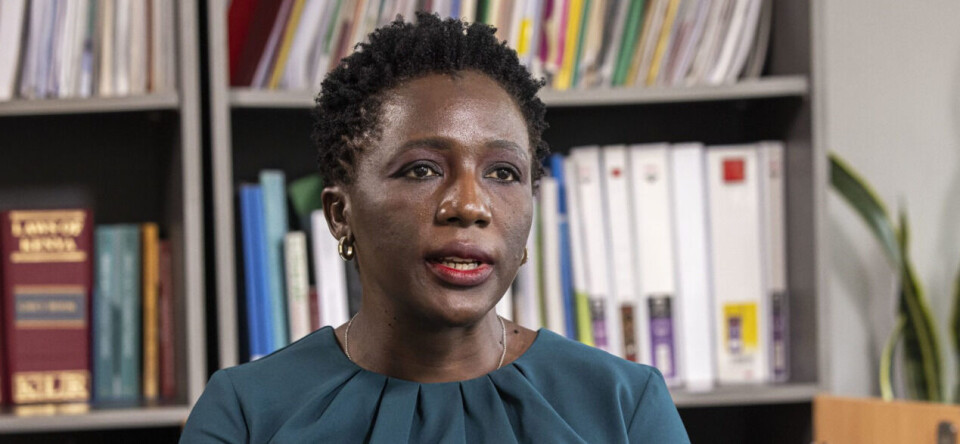Copyright : Re-publication of this article is authorised only in the following circumstances; the writer and Africa Legal are both recognised as the author and the website address www.africa-legal.com and original article link are back linked. Re-publication without both must be preauthorised by contacting editor@africa-legal.com
Landmark Ruling on Abortion Care in Kenya

Kenya’s High Court has ruled that the country’s penal code is not constitutional when it comes to criminalising abortions, reports Tania Broughton.
When PAK (name withheld) was 16, she went to a clinic with pregnancy complications. It emerged that she had lost her baby. While she was still receiving treatment police officers “stormed in”. They confiscated her medical records, and arrested her and the clinical officer who was attending to her, accusing PAK of having an abortion and the medical officer of assisting her.
The clinical officer spent a week in jail, while PAK spent more than a month in a juvenile prison before she managed to get the money to pay her bail. Their experience has now led to a harsh reprimand by the Kenya High Court, which affirmed that abortion care is a fundamental right under the Constitution and that arbitrary arrests and prosecutions are illegal.
“Protecting access to abortion impacts vital Constitutional values, including dignity, autonomy, equality, and bodily integrity,” the court ruled. And further, the court said, criminalising abortion under the penal code without constitutional statutory framework is an impairment to the enjoyment of women’s reproductive rights.
The Penal Code, enacted in 1963, criminalises all abortion care in spite of the country’s Constitution which permits abortion if, in the opinion of a trained health professional, there is need for emergency treatment, or the life or health of the mother is in danger.
PAK filed her court application in November 2020. She said after her arrest at the clinic she was denied any further medical care. She was also forced to sign a “false statement” about what had occurred, and she had to undergo another forced medical examination.
The court has now directed parliament to enact an abortion law and public policy framework that aligns with the Constitution.
The Center for Reproductive Rights has hailed the decision as a “landmark case”. Center Senior Regional Director for Africa, Evelyne Opondo, said, “This is a victory for all women, girls and healthcare providers who have been treated as criminals for seeking and providing abortion care. The court has vindicated our position by affirming that forcing a woman to carry an unwanted pregnancy to term or to seek out an unsafe abortion is a gross violation of her rights to privacy and bodily autonomy. Further, the continued restrictive abortion laws inhibit quality improvement possible to protect women with unintended pregnancies.”
“Additionally, the court found that private communication between a patient and the healthcare provider is guaranteed and protected under the Constitution and other enabling laws,” the Center said.
The Reproductive Health Network Kenya also assisted in the case. Executive Director Nelly Munyasia said many qualified reproductive healthcare practitioners continue to be arrested, detained, and prosecuted for providing legal medical care. The court’s decision confirms that prosecution against health providers cannot hold where the prosecution has not established that: the health professional in question was unqualified to conduct the procedure; the life or health of the woman was not in danger; or the woman was not in need of emergency treatment.
To join Africa Legal's mailing list please click here
